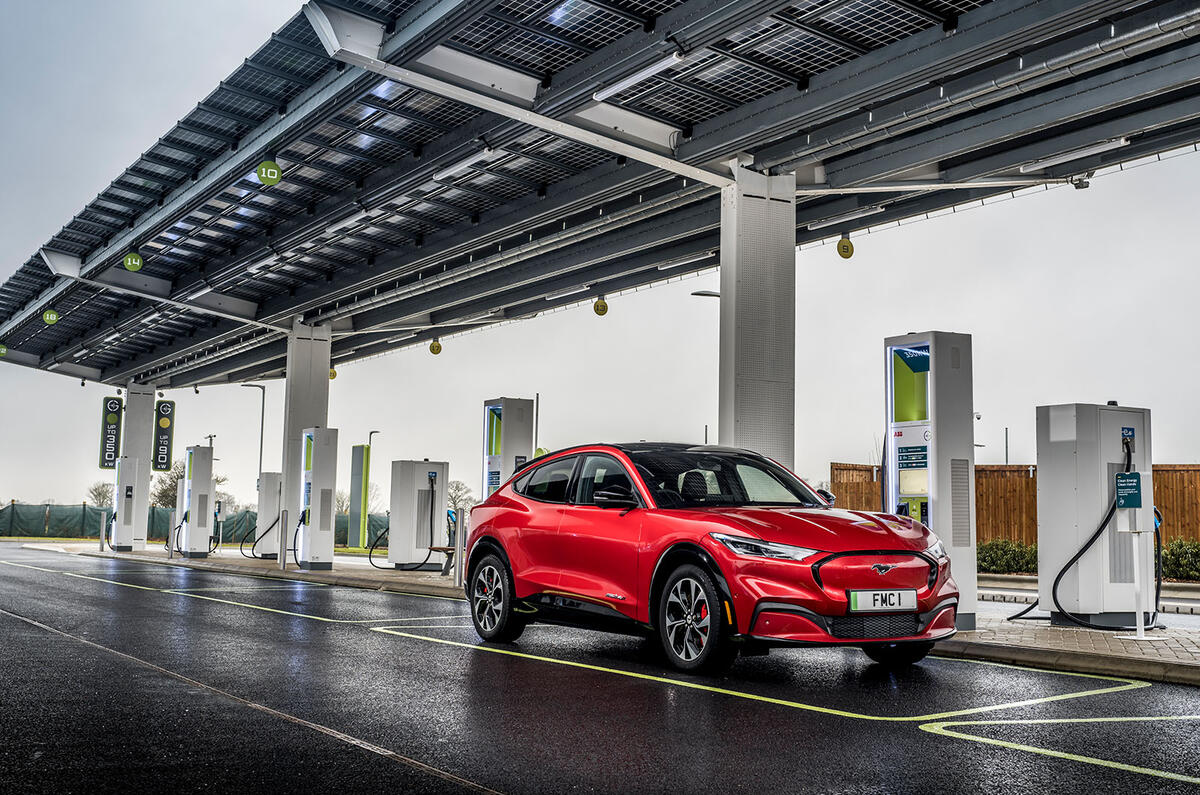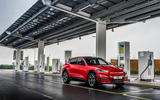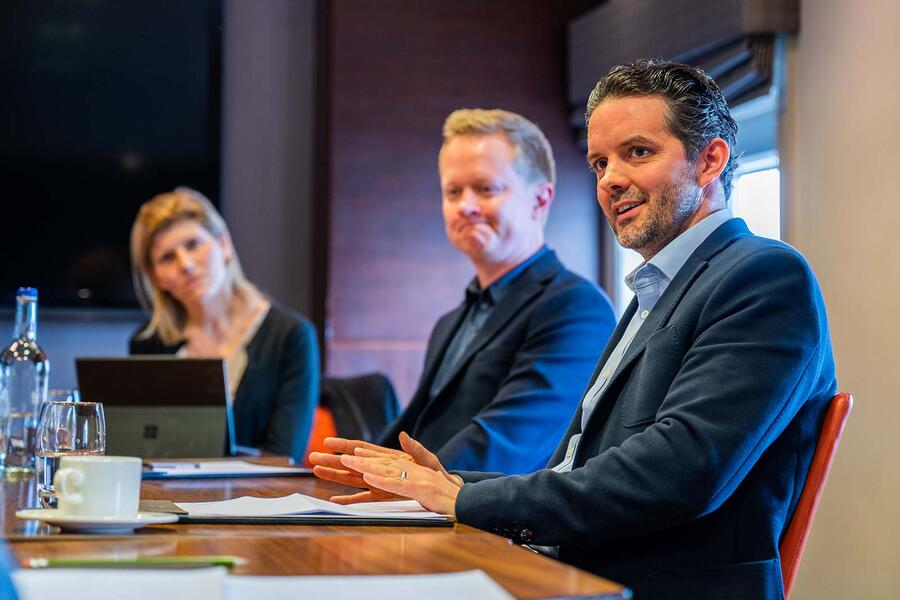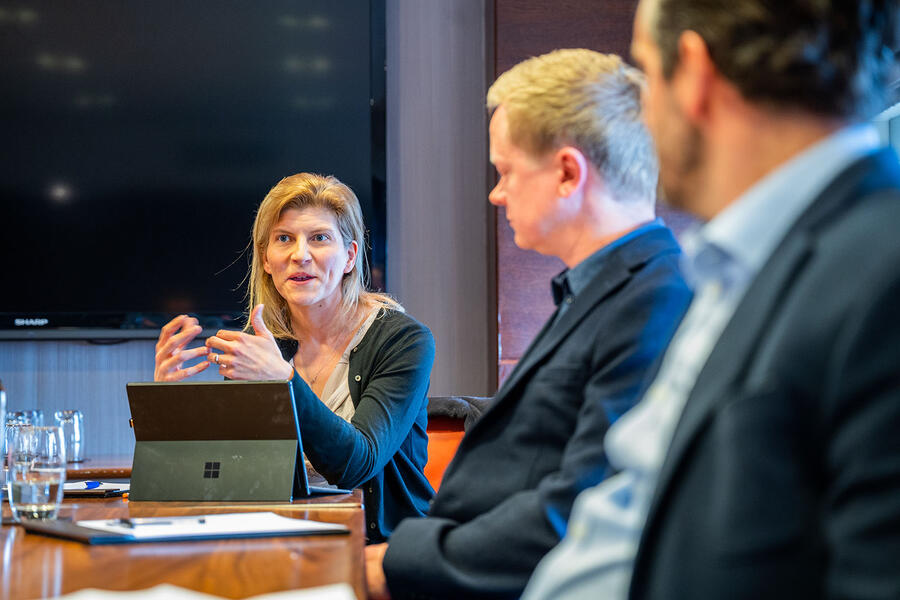"We’re under scrutiny because so many people are turning up to charge. That’s a success, not a failure.”
Who would be a charge point operator? Barely a week goes by without the incumbents taking a kicking, be it from pointed words from an industry body or a social media pile-on.
They argue that the reality is very different from the portrayal, citing the fact that in less than a decade they have transformed the charging landscape – with much more to come.
To double down on that messaging, the majority of operators across the spectrum of the industry have now joined forces, forming ChargeUK to represent their views to government, business and the public, as well as to provide a robust response to misinformation.
Here, we discuss the pressing issues with ChargeUK chair and Osprey CEO Ian Johnston, and other EV charging network leaders.
Joining Johnston for our roundtable discussion are Toddington Harper (CEO, Gridserve), Tom Hurst (UK country manager, Fastned), James McKemey (head of policy and public affairs, Pod Point), Liz Aab (chief commercial officer, Connected Kerb) and Tanya Sinclair (senior director of policy, Europe, ChargePoint).

Why form ChargeUK?
Ian Johnston: “What’s become clear through our various discussions with government is we are incredibly aligned on the key points, and by presenting ourselves as such it will help us roll out more charging infrastructure even faster. We also believe we can better reassure the public and businesses that the infrastructure planning is in place for the long term.”
How far will this collaboration go?
Tom Hurst: “If there’s one of my chargers next to one of their chargers, I’ll be doing everything I can to make sure the customer chooses mine. We are still in business against each other, but it makes sense to work together on common issues.”



















Join the debate
Add your comment
Supply will expand to meet demand and consumers will adapt to new technology.
When 3* 97 octane and 5* 101 octane Leaded petrol were phased out to leave 4* 99 octane & 2* 95 octane there were similar "How will we cope?" questions. Similarly when 2* & 4* leaded were phased out for 95 octane unleaded with some, limited supply, 97 octane remaining. Yet, again when E5 unleaded was replaced by E10 unleaded.
In all cases the change was initiated by the government of the day to reduce polution as technology evolved.
There has never been a situation where all I.C.E. cars refuel at the same time. Equally there will never be a demand for all electric cars to refuel at the same time.
The electricity market will be fully capable of meeting demand by 2030 with enough petrol and diesel remaining available for vehicles that need it. Less electricity will be used refining petrol & diesel from crude oil, and any surplus can be diverted for charging.
Of course there will always be those who don't want change to succeed. C'est la vie.
Cant quite believe the extroadinarily smug statement by Toddington Harper ( who names their child after a motorway services!) "were under scrutiny because so many people are turning up to charge, Thats a success, not a failure" ....I guess that view depends on which side of the action you are ....the driver queuing for a charge point which works or the greedy supplier rubbing his hands at all the gullible EV owners queuing to fill his coffers with overpriced electricity!
Tom Hurst talks of competetive situations between suppliers on one site....why? Why have competition on the same sites? Shouldnt they be spread over MORE sites rather than cramming into the SAME site. You dont meander around on a petrol forecourt looking at 4 different brands to find the most attractive deal!
Do you drive an EV 289? Thought not. If you did, you'd know that Gridserve is continuously amongst the cheapest and most reliable to use.
I've never had to wait for a charger in many thousands of EV miles. A bit of planning and common sense is all that's required.